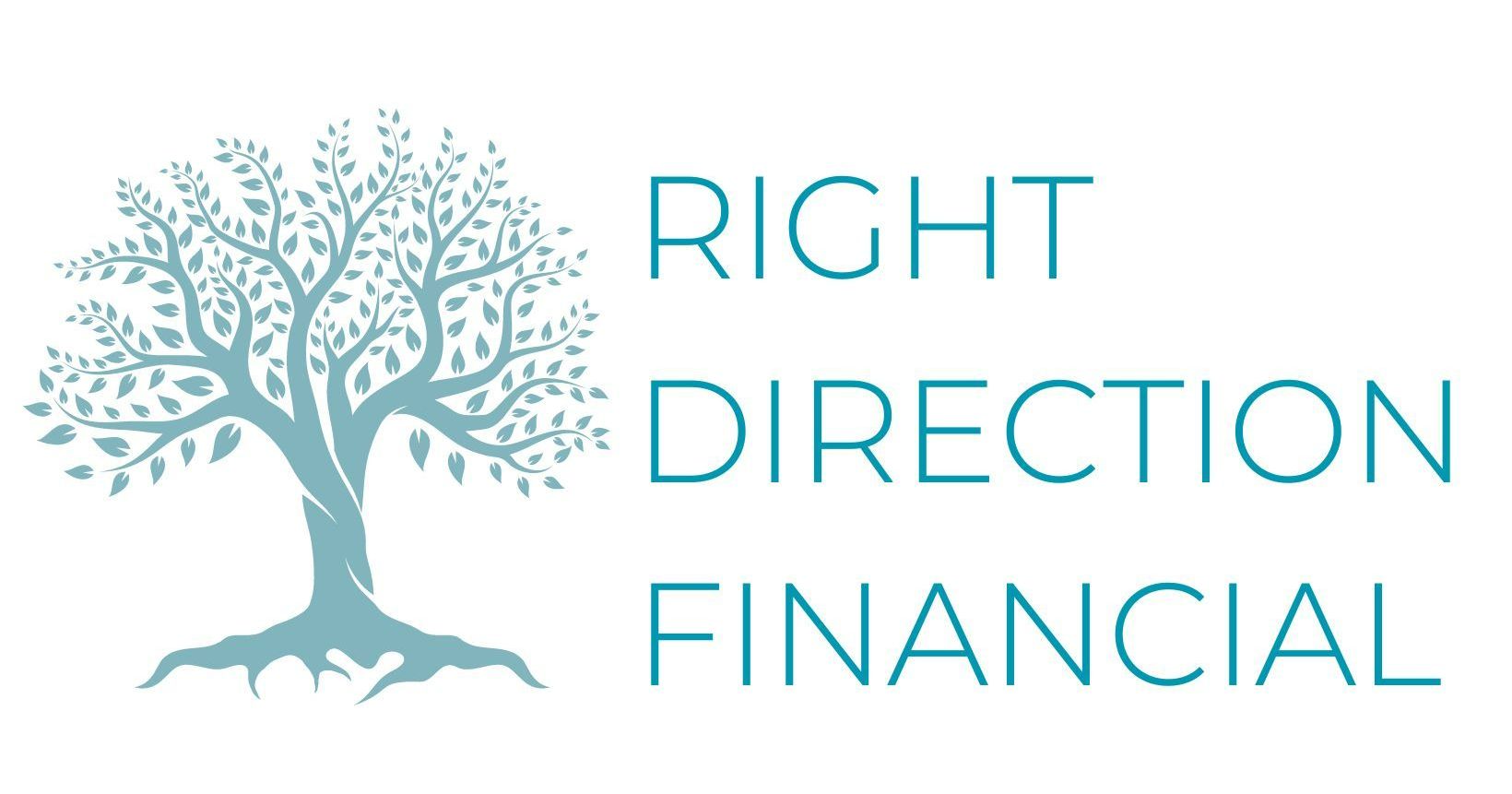The Beauty of Compound Interest: Turning Small Investments into Big Wealth Over Time
When it comes to building real wealth, there’s one strategy that consistently stands out: compound interest. It’s often called the “eighth wonder of the world,” and for good reason. With time, consistency, and patience, compound interest can turn even modest investments into something extraordinary.
What Is Compound Interest?
Compound interest is interest earned on both the money you put in (the principal) and the interest that’s already been added. In simple terms, it’s “interest on interest.” Unlike simple interest, which only grows on the original investment, compounding snowballs your growth as the years go by.
How It Works in Real Life
Let’s look at an example:
- You invest $7,000 per year (about $583/month).
- Assume an average 8% annual return.
Here’s what happens:
- After 10 years, your investment grows to over $109,000.
- After 20 years, it grows to $345,000.
- By 40 years, your total is nearly $2 million.
That’s right—you would have contributed just $280,000 out of pocket, but thanks to compounding, your money grows to $1.95 million. That’s an extra $1.6 million earned purely through growth.
Trying to save that much without investing? It would take over 240 years.
Why Compounding Is So Powerful
In the early years, compounding feels small—your first $7,000 investment might earn just $560 in growth. But stick with it. By year 20, your money is generating over $200,000 in returns. By then, your dollars are doing the heavy lifting while you go about your daily life.
Is 8% Realistic?
An 8% return might sound optimistic, but historically, markets have averaged around this number over the long run. Of course, returns fluctuate—some years are up, some are down—but for patient investors who stay the course, the math works out in their favor. Even at 4% your money could possibly grow to $691,000 or at 6% $1,148,000.
The Takeaway
Compound interest is proof that time in the market beats timing the market. The earlier you start and the more consistent you are, the greater your results will be.
You don’t need to be a financial expert to take advantage of compounding—you just need discipline, patience, and a commitment to keep investing, even when progress feels slow.
Source: Leandra Peters: #femaleinfinance/Instagram


















